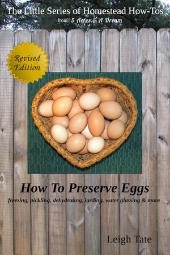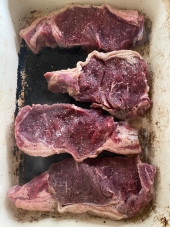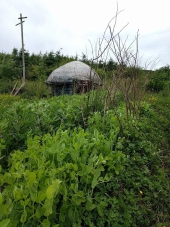



Anne Miller wrote:I cant help with you question other than they less particular about nesting sites.
I have always heard African bees are very aggressive so I would stay away from them as much as possible.


M Ljin wrote:People haven’t really talked about degrees that might be useful in a permaculture perspective, like, say, ethnobotany. If you had a degree in ethnobotany, that could give you a particularly useful perspective as a permaculturist for feeding and providing for yourself and others, and staying frugal.
Personally, I have not felt the need to seek out a degree in ethnobotany or similar subjects. Part of it is that there are so many resources available, in foraging books and furthermore online in places like the native american ethnobotany database (https://naeb.brit.org/), plants for a future (https://pfaf.org/), and the sorts of old books you used to only find in big city and university libraries (the public domain ones, historical resources, etc.) are available on Google Books (https://books.google.com/) and Internet Archive (https://archive.org/). And of course, Judson Carroll’s generous posting of edible and medicinal plant writings here on Permies (https://permies.com/u/324733/Judson-Carroll)




